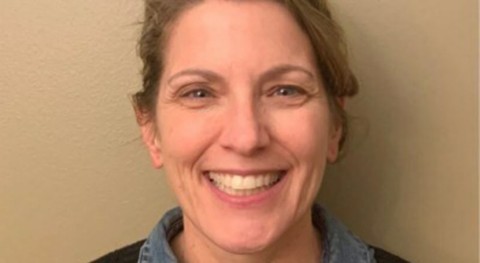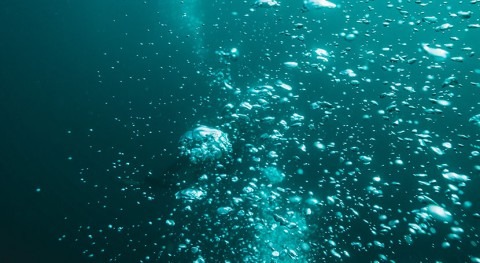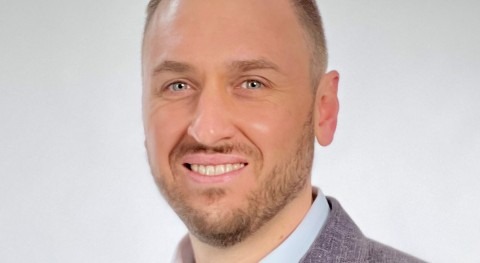ZwitterCo, the advanced membrane technology company, announced the largest Series A funding round in history for a water technology company. The $33 million financing, led by DCVC, will expand the development and production of its revolutionary zwitterionic membrane technology.
ZwitterCo’s technology delivers what the water industry has been seeking for decades: a rugged polymeric membrane that is immune to irreversible fouling. Traditional membrane performance degrades with every cleaning cycle until the membranes no longer work and must be replaced. For tough-to-treat wastewaters, membrane replacement occurs frequently, increasing the operational complexity and cost of running wastewater plants. ZwitterCo membranes, by contrast, perform as new after every cleaning cycle.
ZwitterCo leverages its patented zwitterionic copolymers to build highly advanced membranes that solve the toughest wastewater separation challenges. The performance advantages of ZwitterCo’s membranes make them unique. They can be used in a wide variety of new applications and operating environments, given their ability to repel thousands of times more organic compounds than standard membranes. The company is building a suite of membrane products with these and other capabilities, bringing the precision and reliability of filtration to historically underserved markets.
“ZwitterCo has unlocked the true potential of zwitterions for water treatment, resulting in a leap in membrane performance,” said Chris Drover, co-founder, and CTO of ZwitterCo. “The mechanisms behind fouling and degradation that plague traditional membranes do not apply to our products.”
A zwitterion is a special class of molecule that is “hydrophilic” or highly attractive to water molecules. ZwitterCo’s patented zwitterionic copolymers self-assemble into hydrophilic channels, acting like flumes at a water park, ushering through H2O molecules, and repelling everything unable to flow through its narrow pores, including organic compounds such as oils, fats, greases, or proteins.
ZwitterCo’s first product, a superfiltration (SF) membrane, targets challenging industrial wastewaters for treatment and reuse. “Today, over 4 billion people experience severe water scarcity at various times during the year,” said Alex Rappaport, co-founder and CEO of ZwitterCo. “As the world works to adapt to population growth and climate change, reusing wastewater safely and economically is imperative.”
Since introducing their SF in 2021, ZwitterCo has booked over a dozen commercial projects and completed dozens more successful pilots. As a result, ZwitterCo is already tackling some of the hardest wastewater treatment challenges, including digestates, leachates, O&G-produced water, poultry & dairy, bioprocessing, and food & beverage wastewaters. Additionally, ZwitterCo membranes are used in novel process applications where fouling recovery, ruggedness, and exacting tolerances are essential, such as protein extraction from bio-fermentation.
The Series A funds will allow the company to add applications development, increase its pilot fleet, and build inventory to meet the strong demand for ZwitterCo products. The funding will also commission ZwitterCo’s state-of-the-art innovation center just north of Boston, accelerating the development of new membrane products based on ZwitterCo chemistry.
One-sixth of the world’s freshwater withdrawals, an estimated 500 billion gallons a day, become industrial and agricultural wastewater. Accelerated depletion of our groundwaters and aquifers, as well as protracted droughts, are worsening water scarcity and threatening food production. As a result, safe and economical wastewater reuse has never been more critical.
“At DCVC, we invest in Deep Tech companies that address urgent, global problems while providing outsized returns for our investors,” said Jason Pontin, a Partner at DCVC and Chairman of ZwitterCo’s Board of Directors. “ZwitterCo’s novel membrane chemistry will help solve water scarcity around the globe by making it easy and affordable for a wide variety of industries to adopt water reuse.”









